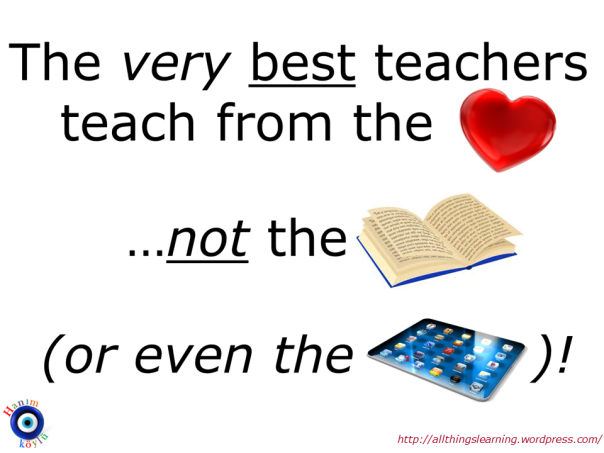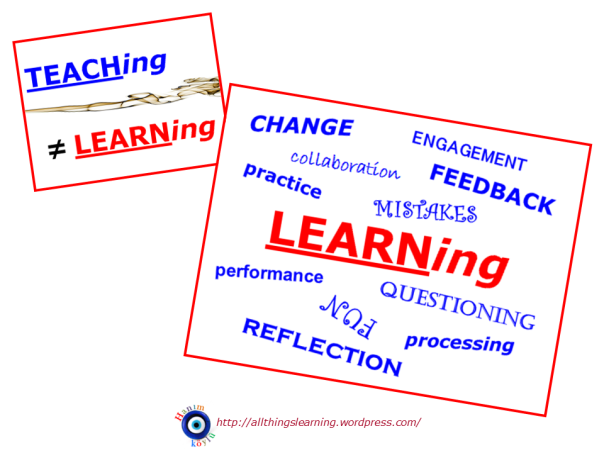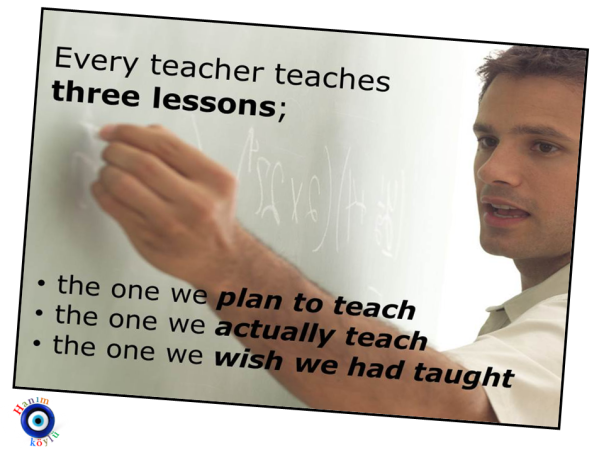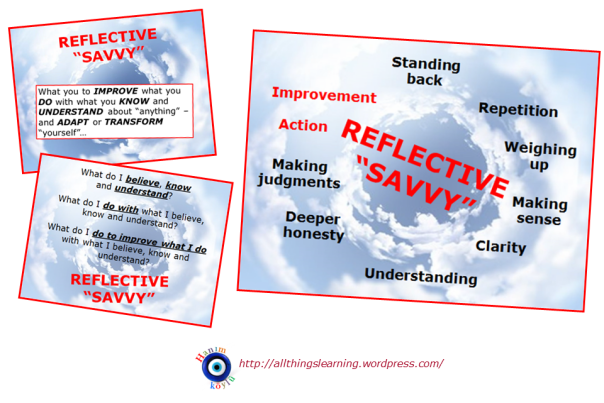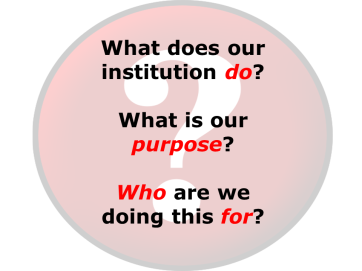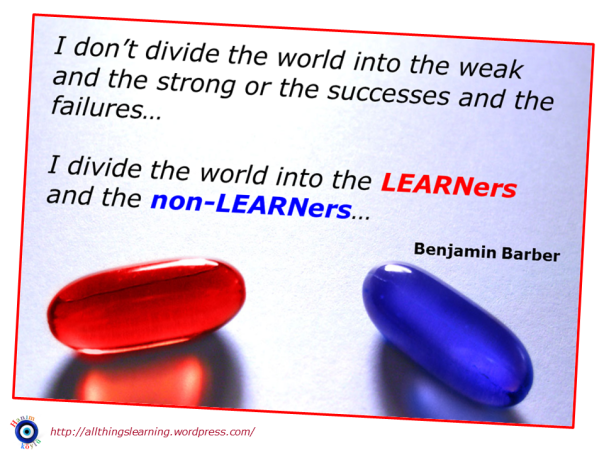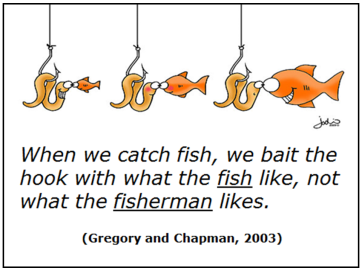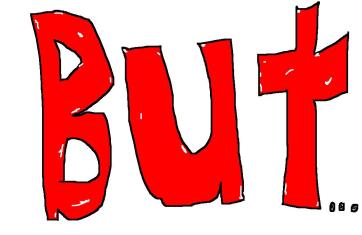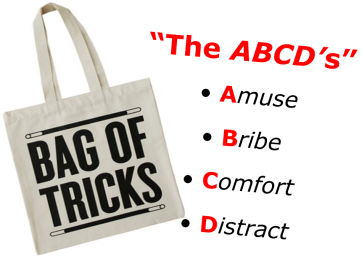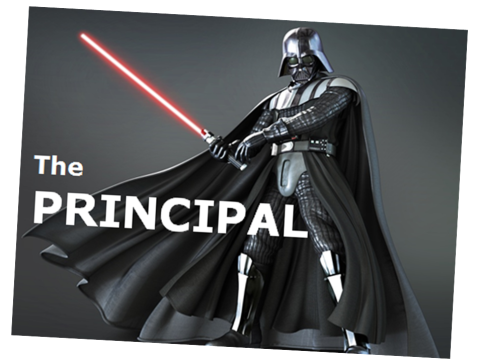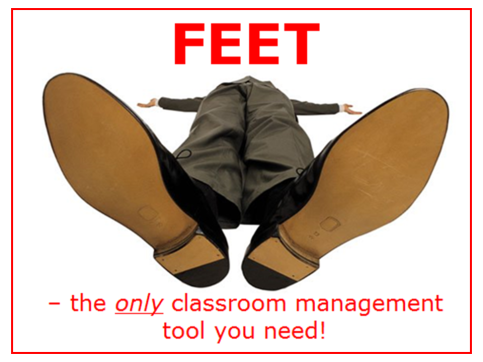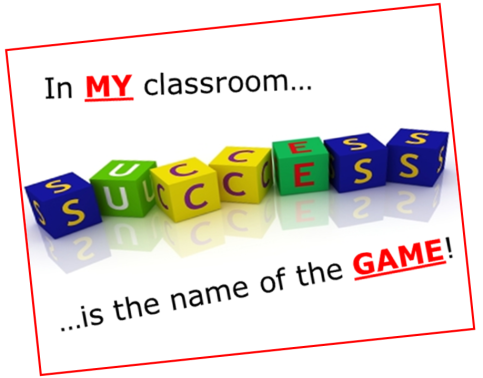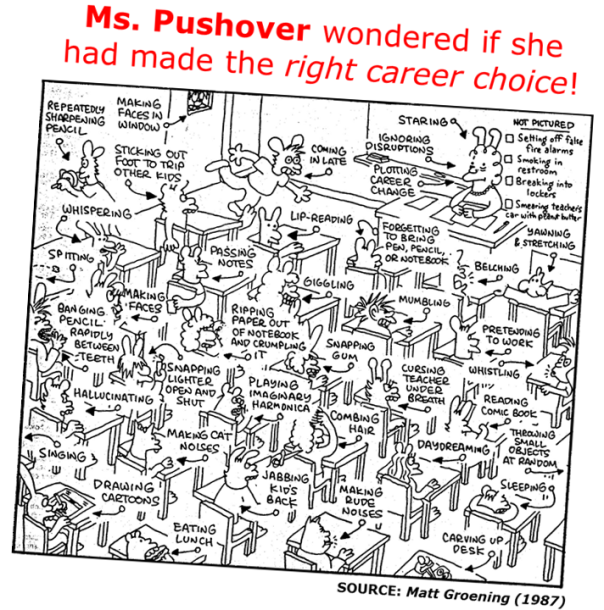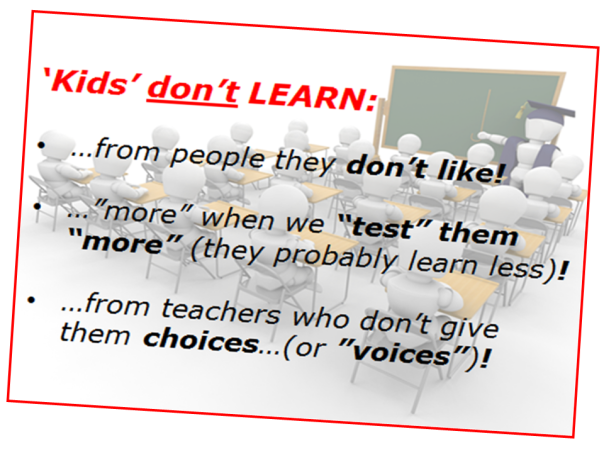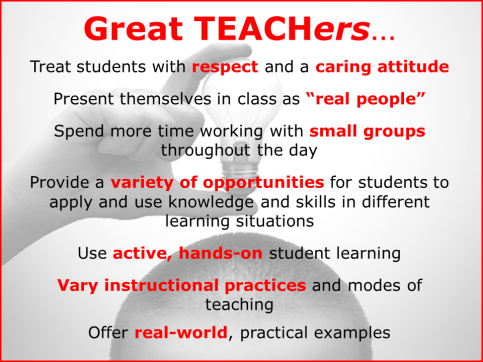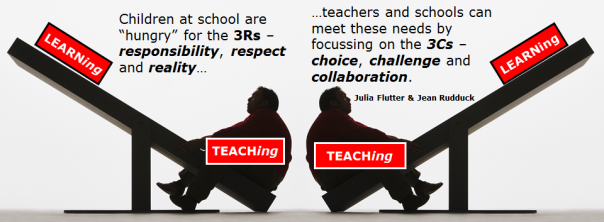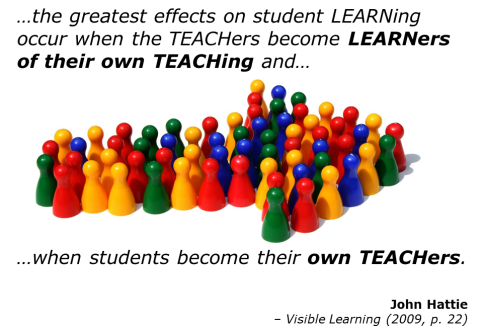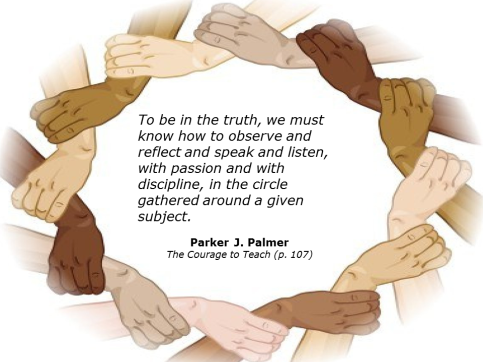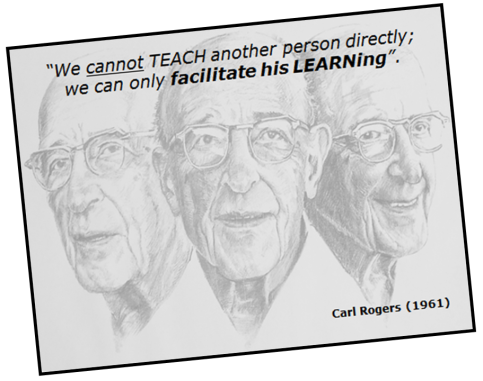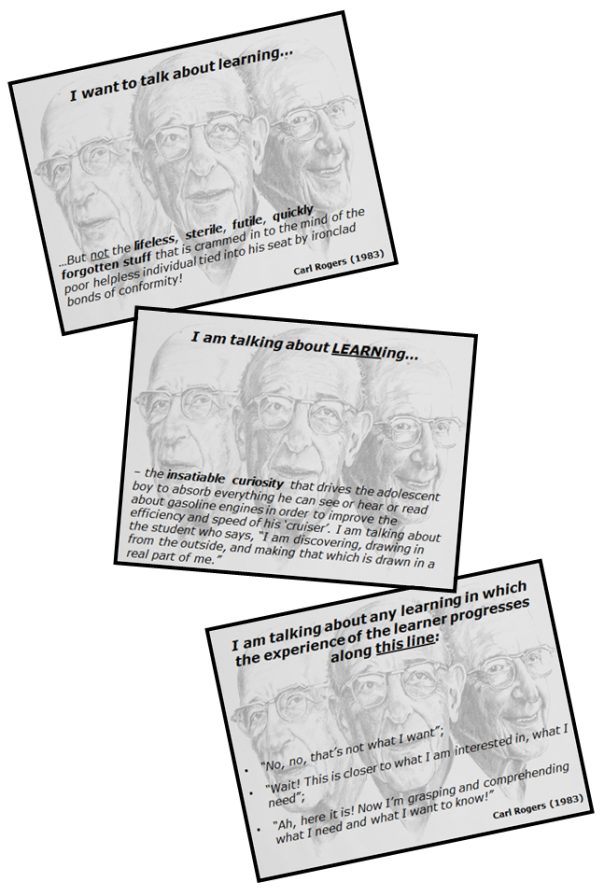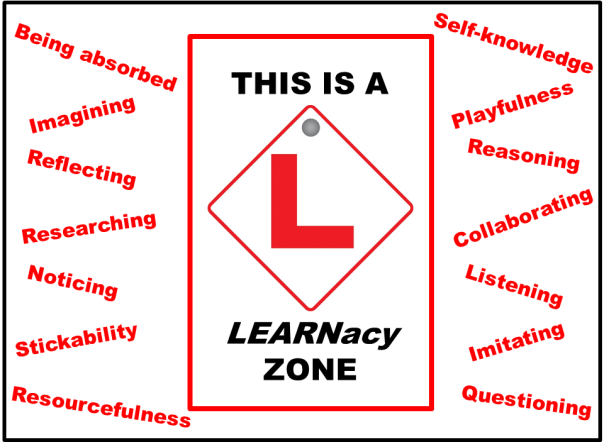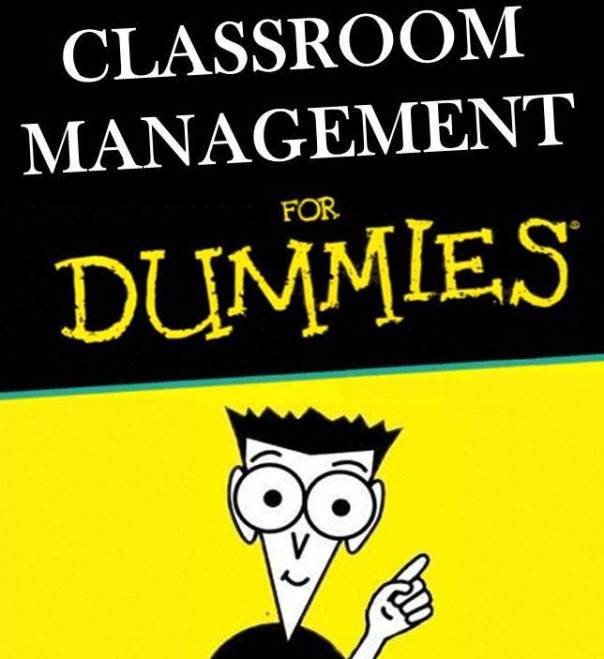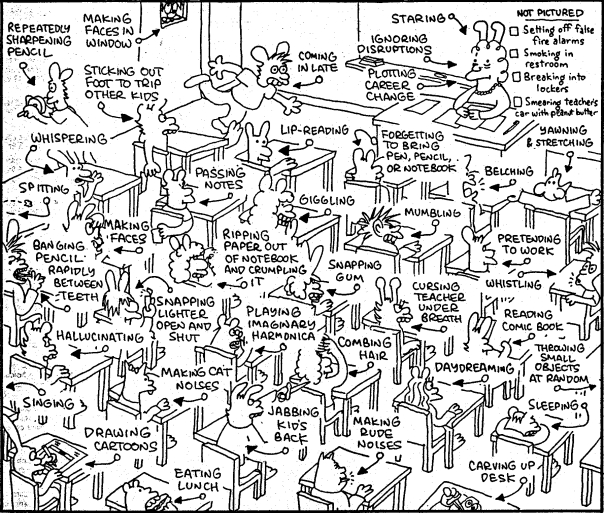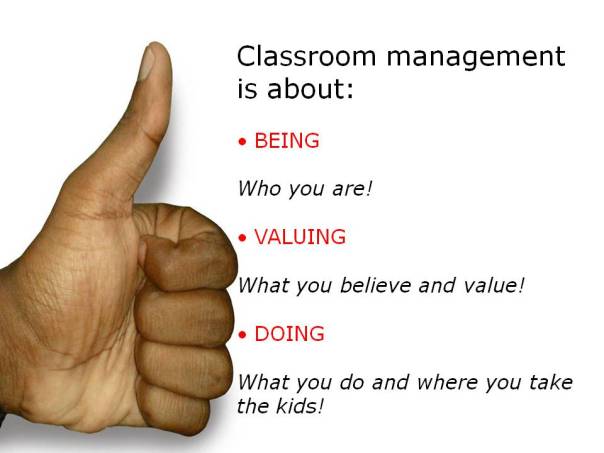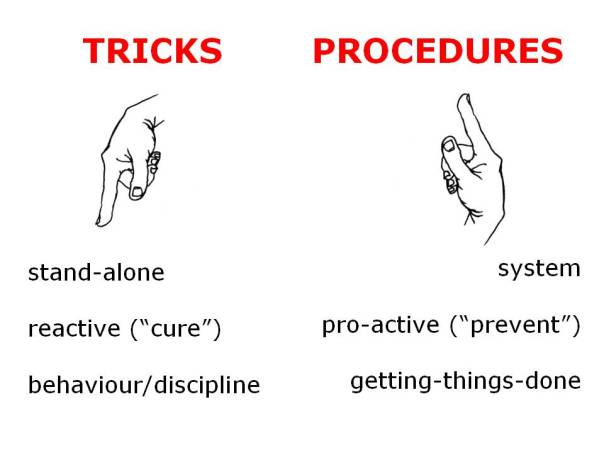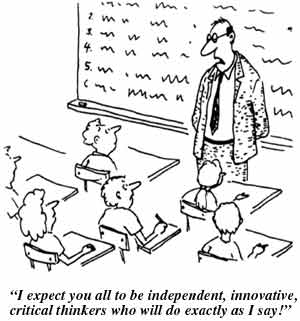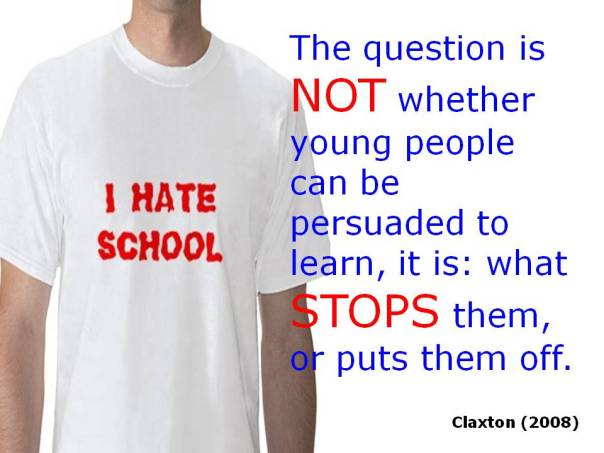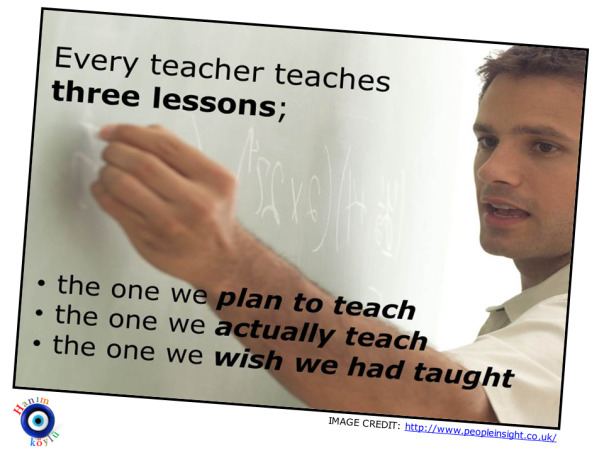8
Continuing with my series of 500K bloggery RE-boots here!
8
This one was one of my very earliest posts…from all the way back in March 2011. This probably accounts for it being one of the top posts I have ever done…despite the fact that it used very few images and I was still LEARNing how to “highlight” on WordPress.
8
Now, I’m not sure…but I think the element of this post that people seem to like is the “personal touch” in the two stories that the post uses.
You decide!
8
An old friend of mine caught up with me on Facebook the other day. He was a great “natural” when we worked together in Dubai…a few years back – he was a bit of a “maverick”, an architect who taught maths and computing, and enjoyed taking risks.
My kinda teacher…
8
In his Facebook message he made a “confession” – in all the time we worked together – he had never prepared a “lesson plan”.
He explained that it was “against his religion” and noted:
I always hated the idea of lesson plans…because lesson plans are about what the teacher wants, not what the students need. Education should always start with students’ learning, not teachers’ teaching.
8
I pointed out that lesson plans were actually quite a good idea – if they were LEARNer-centred.
8
8
His reply:
Sorry! I assume lesson plans to be TEACHer creatures that often have very little to do with students. I should have been more specific! Yes, ones that focus on students – good!
8
8
It’s often said that every TEACHer teaches 3 lessons (in every lesson they do);
the lesson you plan to teach (Lesson #1),
the lesson you actually teach (Lesson #2) and
the lesson you wish you had taught (Lesson #3).
8
It always made total sense to me that if I wanted to see the difference between these 3 Lessons, I had to have some form of “lesson plan” for the first of these – so I would get better at the second type by reflecting on the third type.
8
Does that make sense – to YOU, too?
8
The problem was, as my friend noted, when I was TRAINed (as a TEACHer) I was asked to jump through all sorts of silly hoops and prepare 3 or 4 page lesson plans for every single “dreaded” observation.
Now, I know this was probably not the intention of my teacher trainers (we wrote on slates in those days and the LEARNing rEvolution hadn’t quite “kicked off”) because we spoke about this – a lot!.
8
A typical conversation went something like this:
8
Tony: Come on, this is just a waste of time – you can’t seriously believe this is going to help me be a better teacher.
Trainer: Look, I know it and you know – but this is what {INSERT name of exam board} want. If you don’t do, they’ll fail you.
Tony: You mean YOU will fail me!
Trainer: YES!…just get through the observation…you can do what you want when you get the bit of paper!
8
I actually liked the trainer!
And, did everything she said…especially the last bit!
8
When I started teaching full-time, I quickly realised that it was not what I wanted to do (as a teacher) that was important – it was what I wanted the students to do that really “mattered”!
It also dawned on me (some time after the fact) that everything my trainer had LEARNed me was not that stupid – the one thing on the lesson planning form I had to repeatedly complete in my training emphasised “objectives”.
The problem was that {INSERT name of exam board} defined these as “TEACHing objectives” – not “LEARNing outcomes” (I think they may have evolved since then…but then again).
8
8
OK – I had “translated” that to mean purpose…and brought it together with the idea of “what will the students be able to do with what they LEARN”.
This focus on “purpose” led me to another discovery – that in every “lesson”, I should have a “big idea” that students would “get” and take away with them.
8
It was these three things that always formed the basis of Lesson #1 – the written version.
Rather than writing down every single “step” I was going to do (with “specific timings” and “classroom interaction patterns”), my lesson plans were about the steps the students would take (the “stuff” they would “do”) – and how I would know if the steps students were taking actually helped create LEARNing.
8
8
This actually meant that Lesson #2 started to get better – I was more relaxed, I didn’t have to keep looking at my notes (written on a slate, of course) and I could focus on “BEing with” my students much more (rather than “TEACHing at” them).
The beauty of this approach meant that I was more willing to focus on Lesson #3 – and got better much faster.
8
And, you know what else?
Observations stopped being so “dreaded”!
8
So, to sum up:
YES, lesson planning is important and useful (when you focus on “purpose”)
YES, lesson plans should be about what the students will do (and what they will be able to do with what they LEARN “with” you)
YES, lesson planning can help you become a better TEACHer
NO, format does not matter – and size certainly doesn’t…
8
For those of interested in getting better at planning (and reflecting on) your lessons, why don’t you take a look at one of my libraries:
8
Tony’s LESSON PLANNING Library
8

